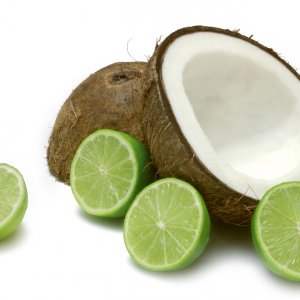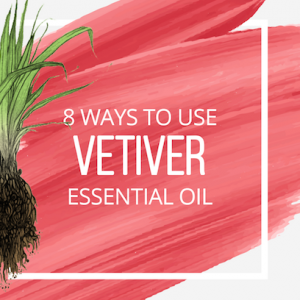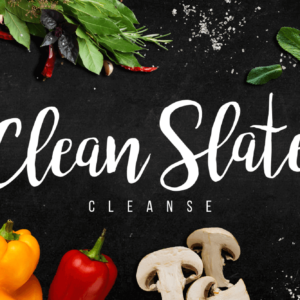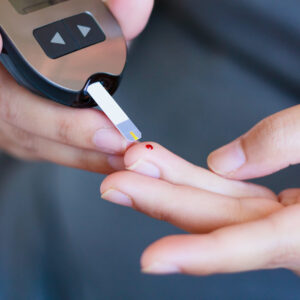We all know that sugar is not good for us. Maybe you do your best to avoid eating sugar. But let’s face it, folks, sugar tastes good. And most of us will slip up at least occasionally and indulge in a sweet treat. With Halloween less than a week away, the temptations are everywhere. Chances are you or your children will consume more sugar over the next week than usual. Here are some tips for preventing sugar damage to teeth.
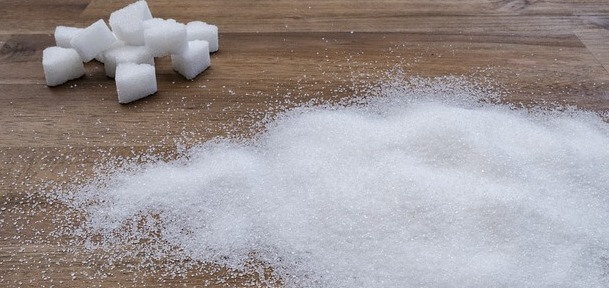
How Does Sugar Cause Tooth Decay?
Your mouth is teeming with bacteria. Some bacteria are beneficial and part of your healthy flora, while others are the culprits responsible for tooth decay. And these bad guys’ main staple diet is . . . you guessed it . . . sugar. Every time you eat sugar, you provide the harmful bacteria with energy and food to multiply. As they multiply, they actually use the sugar to stick themselves together on the tooth surface. These sticky plaque deposits are impossible to wash away with saliva and even resist normal brushing. The byproduct, or waste material, from these bacteria is very acidic and damaging to tooth enamel. Enamel is the protective coating on your teeth. Once this coating is penetrated, the acids continue to degrade your teeth, forming little holes, or cavities. Without treatment, cavities can progress deeper into the tooth, causing pain and possible tooth loss.
Preventing Plaque Formation
Acids are constantly attacking your teeth and demineralizing tooth enamel. Saliva is your mouth’s best defense against these acids. Not only does saliva dilute the acids, it also helps neutralize the pH of your mouth. This natural process of remineralization replaces some of the stolen minerals and works to strengthen teeth.

However, consuming starches and sugars throughout the day makes it nearly impossible for saliva to keep up. If you plan to eat sugary foods, it is best to eat them all at once rather than nibbling on sweets all day.
Sugar sweetened beverages and hard candies or suckers cause even more damage. These sweets bathe every crack and crevice of the teeth with sugar. Plus, they take longer to enjoy, thus prolonging the exposure. In addition, sugary sodas are very acidic, which only compounds the problem. It is best to limit – or avoid – drinking soda.
The Obvious Solution

Of course the best thing to do is avoid eating sugary foods altogether. But realistically, most of us will have a sweet treat from time to time. The best defense we have is to go ahead and eat that candy bar, and then immediately brush your teeth afterwards. If you are unable to brush right away, swishing with water is the next best option.
Xylitol
Xylitol is derived from fibrous parts of plants, usually corn. This natural sweetener actually works to prevent tooth decay through a couple of different mechanisms. First, it slows the growth of bacteria because they cannot use it as an energy source. In this way, it helps to prevent the acid-causing culprits and alkalinize the mouth. Additionally, xylitol impairs the ability of bacteria to adhere together to form plaque, so they slide easily from teeth. And finally, xylitol encourages salivation, which as stated above, helps to remineralize teeth.
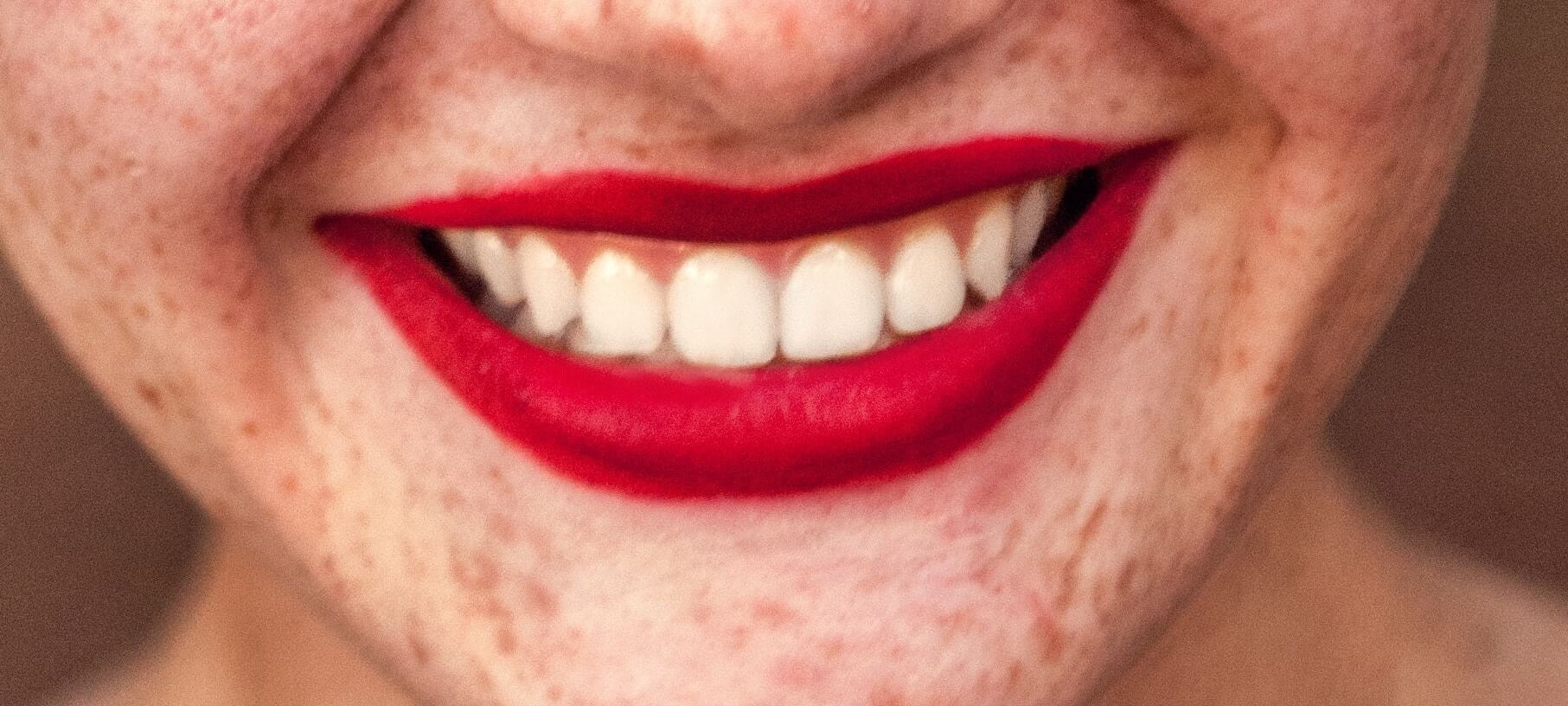
Studies indicate that regular use of xylitol can prevent and reverse damage to teeth. Fortunately, this sweetener is becoming more and more readily available in gum, mints, toothpaste, mouthwash, and even candies and bagged sweetener. Plus, the body digests xylitol as a fiber with no release of insulin. This means that it’s even safe for diabetics. It lacks the bitter aftertaste of some sugar alternatives and is even suitable for use in baked goods as well.
So go ahead and have your sweets
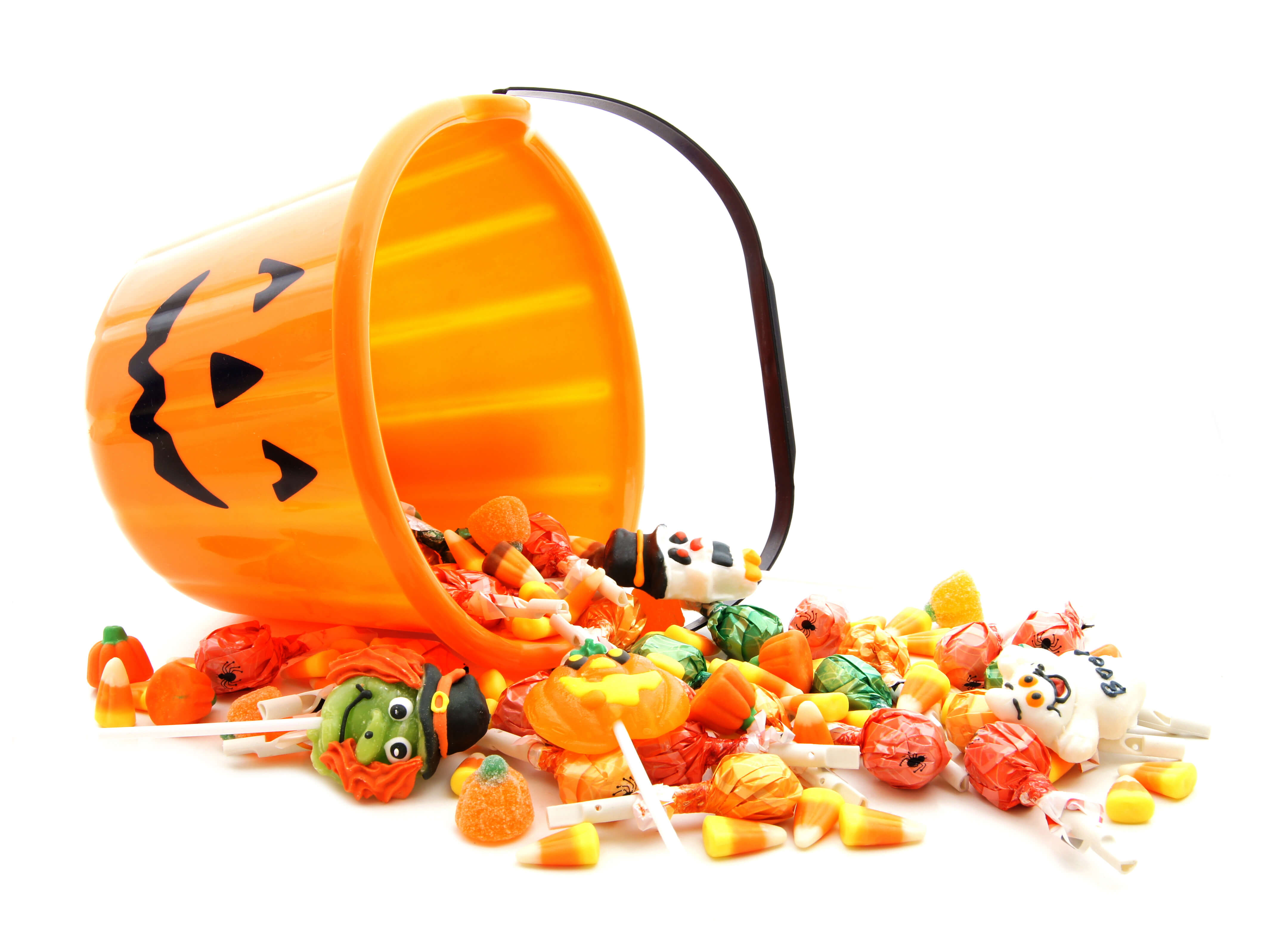
From a tooth decay standpoint, you can certainly enjoy your sweet treats. The negative effects of the sugar can be easily managed by following a few simple precautions:
- Avoid long-term sugar exposure throughout the day. Eat it all at once rather than a bite here and there.
- Avoid sodas and hard candies that bathe teeth in sugar.
- Brush, or at least rinse your mouth with water, after eating sugary foods.
- Use a toothpaste, gum, mint, or other product containing xylitol.
If you’d rather avoid the sweets of Halloween entirely, check out this post for some healthy alternatives.
Looking for even more great health and wellness education? Learn more!

